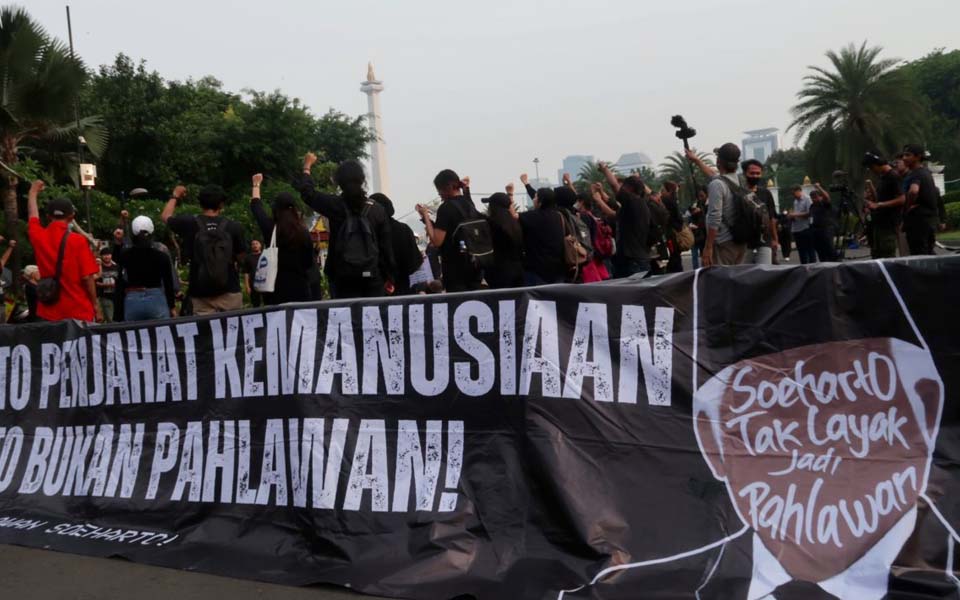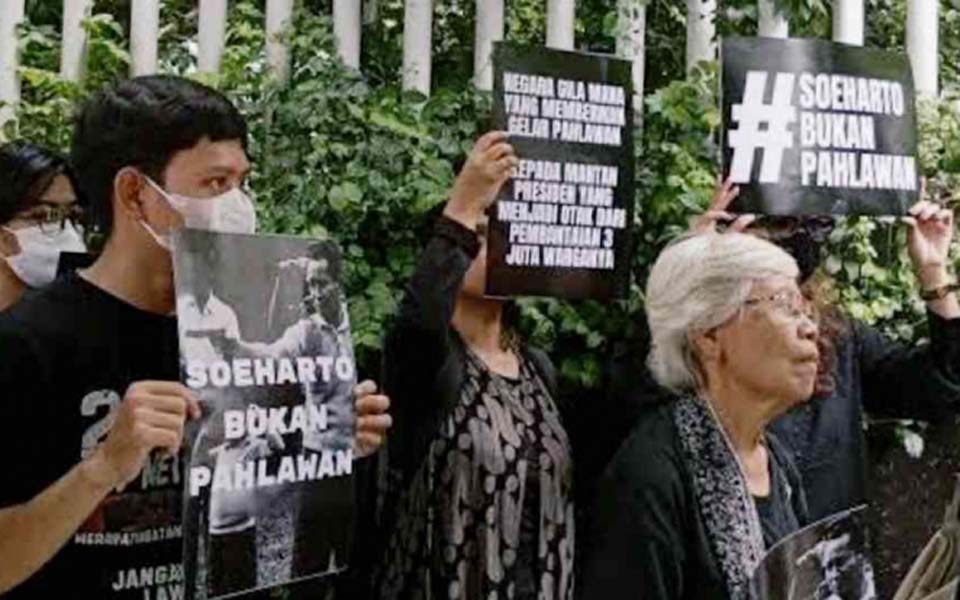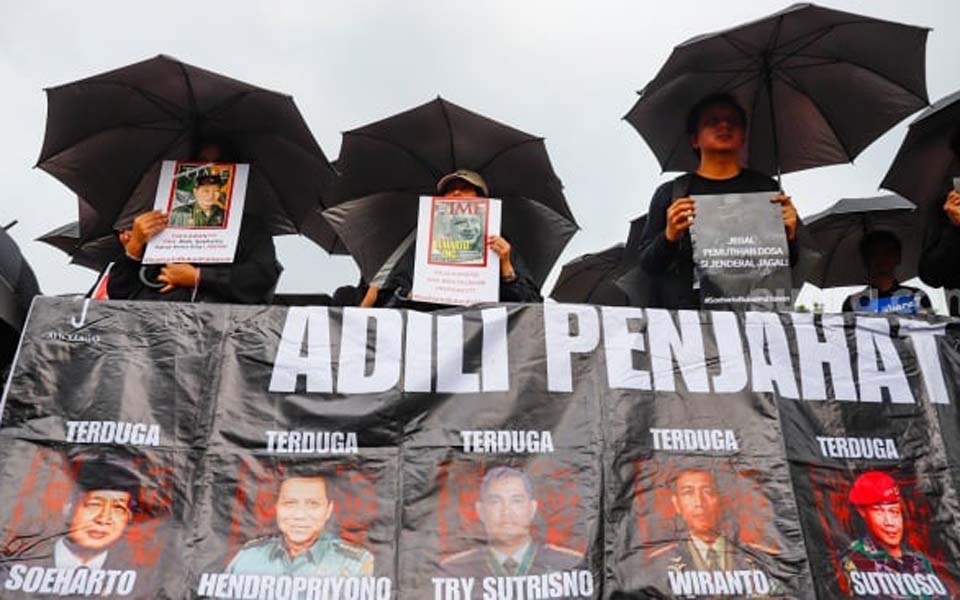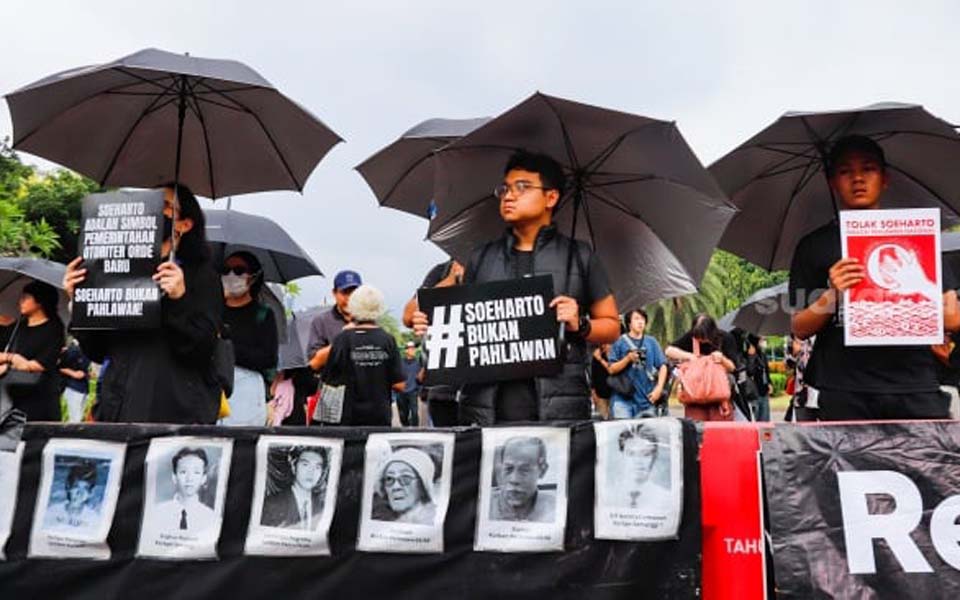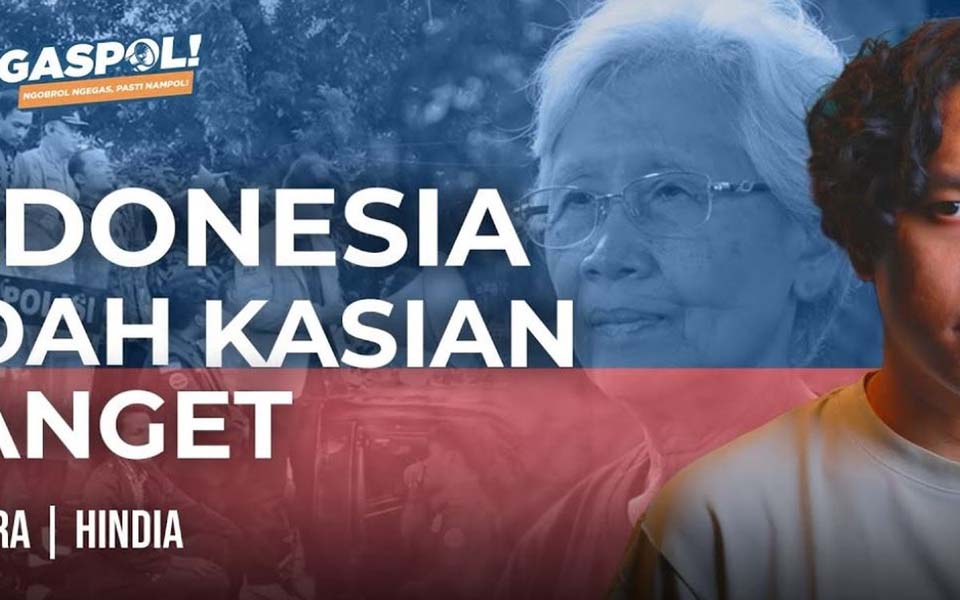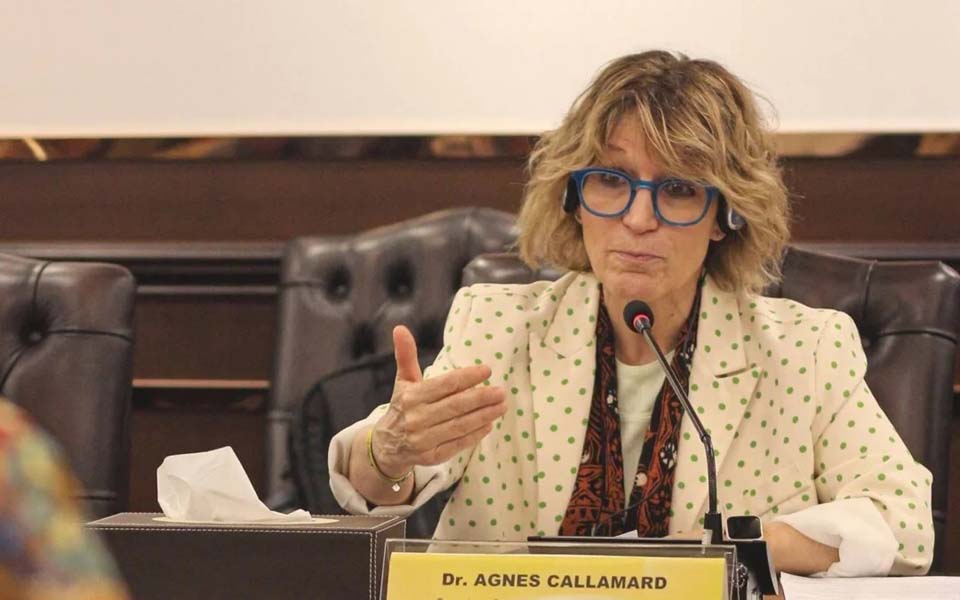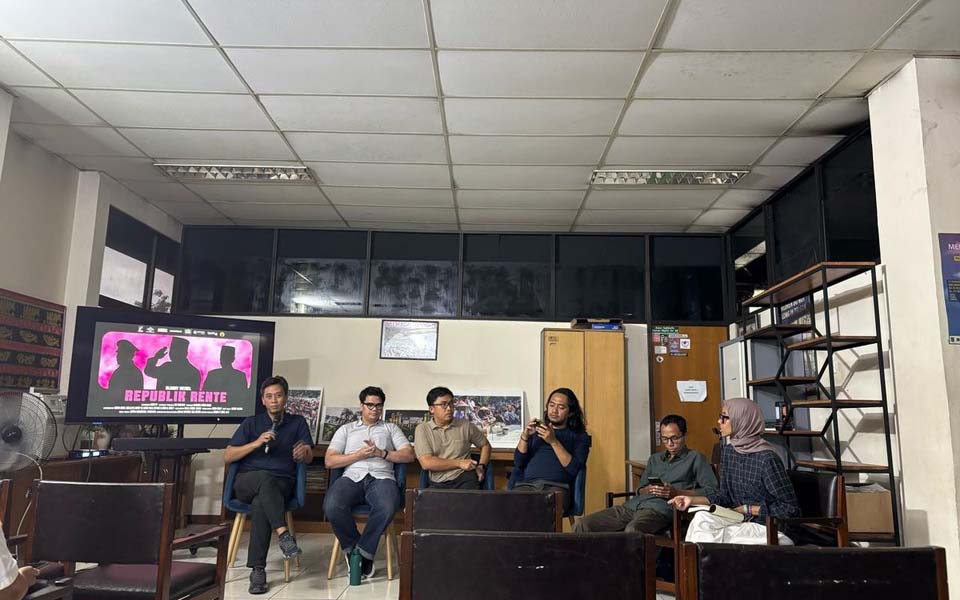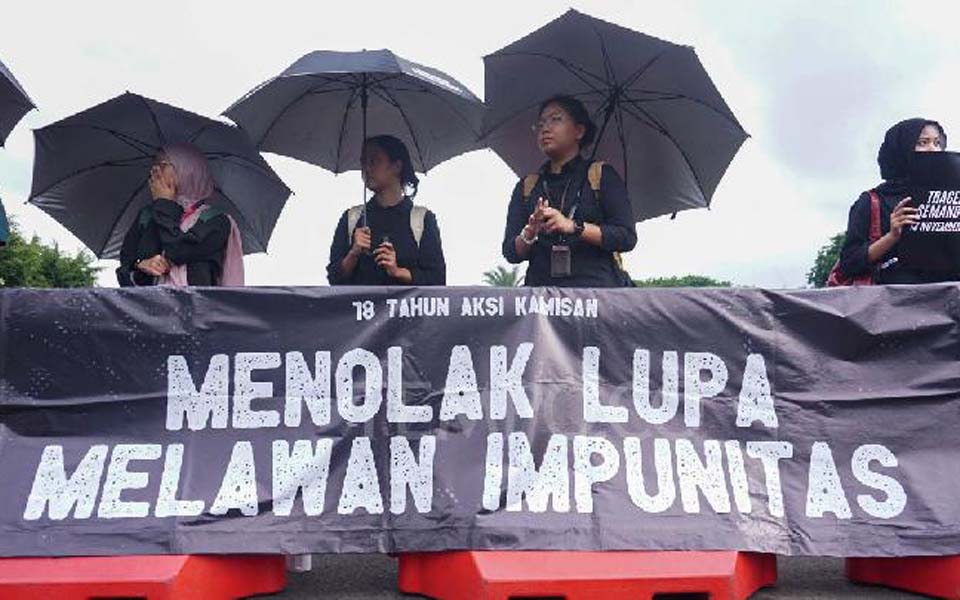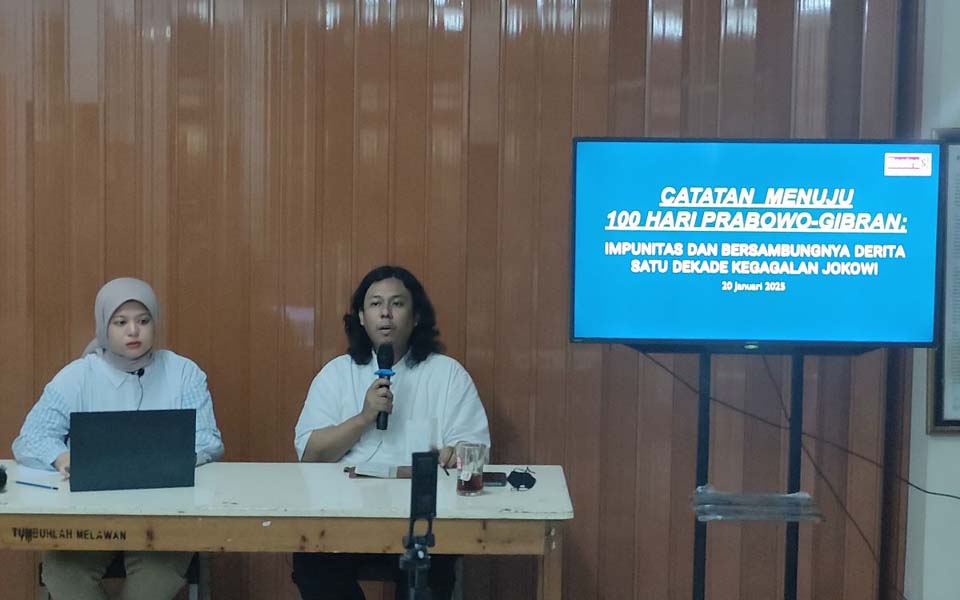Jakarta – Amnesty International Indonesia Executive Director Usman Hamid has welcomed the ruling by the Jakarta State Administrative Court (PTUN) which found in favour of a lawsuit against Attorney General ST Burhanuddin submitted by the families of the victims of the Semanggi I and II tragedies.
The lawsuit related to Burhanuddin's statement during a House of Representatives' (DPR) Commission III working meeting in January in which he declared that the Semanggi I and II student shootings in 1998-99 were not a gross human rights violation.
"This ruling brings hope for the currently gloomy human rights situation, particularly for efforts to break through the impasse in resolving cases of past gross human rights violations", said Hamid when contacted by Kompas.com on Thursday November 5.
"We positively welcome the court's ruling which states that the Attorney General's statement during the DPR's Commission III working meeting earlier in the year was a illegal act", said Hamid.
Hamid said that the PTUN's ruling is the umpteenth time that the courts have made a correction to government policy. In June this year, the Jakarta PTUN also ruled that the government's internet blackout in Papua in August and September 2019 was unlawful.
With this ruling, Amnesty is calling on the Attorney General to correct his remarks because his denial has impacted on the process of resolving past human rights violations. "If [he] denies it again, despite the valid legal move, then it will continue to impact on delaying justice in the Trisakti [student shootings in 1998], Semanggi I and II [cases]", explained Hamid.
Furthermore, Hamid is asking officials at the presidential office to remind President Joko "Jokowi" Widodo to reprimand the Attorney General so he obeys the court's ruling. "If the Attorney General doesn't want to make a correction, the president needs to hand down a sanction", said Hamid.
Hamid is also urging the DPR's Commission III to take a stand on the court's ruling by re-summoning the Attorney General. He is asking that Commission III push for legal measures to be taken in accordance with the Attorney General's obligation under the human rights law, namely to conduct a criminal investigation.
"If the Attorney General again argues that there are formal and material requirements [that have not yet been met in order to pursue a criminal investigation], then the Attorney General should order his officials to fulfill these requirements", said Hamid.
"Moreover the law actually requires that the Attorney General acts as an investigator. He can ask for assistance from his officials to complete what is unable to be done technically", he said.
Earlier this year Burhanuddin said that the Semanggi I and II incidents were not gross human rights violations. The statement was made during a working meeting with the DPR's Commission III on developments in outstanding human rights cases.
"[On] the Semanggi I, Semanggi II incidents, the result of a DPR working meeting stated that these incidents do not represent gross human rights violations", said Burhanuddin at the parliamentary complex in Senayan, Jakarta, on Thursday January 16.
Burhanuddin however did not cite when the DPR working meeting officially declared that the Semanggi I and II incidents were not included as gross human rights violations.
Based on an investigation by Kompas.com, the DPR for the term 1999-2004 once recommended that the Semanggi I and II incidents not be included in the category of a gross human rights violation.
This recommendation contradicted the results of a Commission of Enquiry and Investigation (KPP HAM) report on the Trisakti, Semanggi I and II incidents which declared the opposite.
[Translated by James Balowski. The original title of the article was "Amnesty Sebut Putusan PTUN Pecahkan Kebuntuan Penyelesaian Kasus Pelanggaran HAM".]






